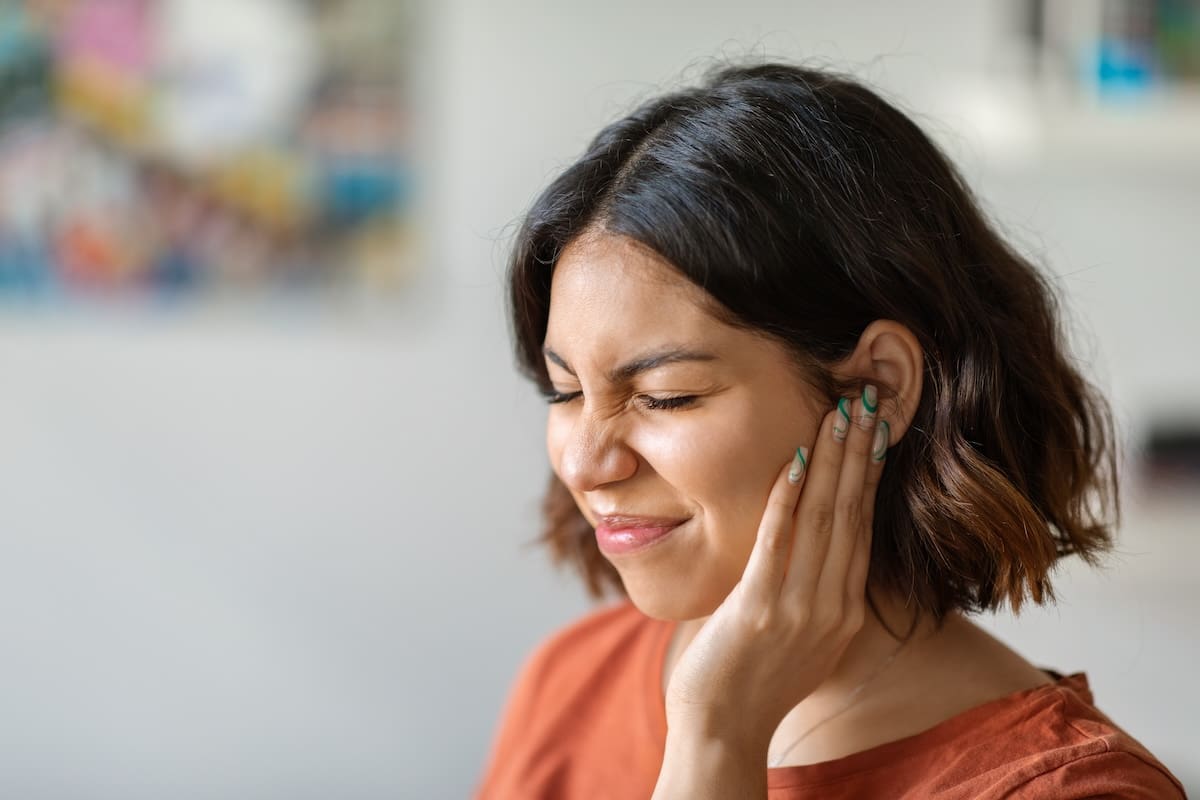Meniere’s disease is a condition that affects the inner ear. There are 4 typical symptoms associated with Meniere’s disease:
- spontaneous, recurrent episodes of vertigo (coming and going attacks of dizziness or giddiness);
- hearing loss;
- tinnitus (a constant noise in one ear, often described as a buzzing or humming sound); and
- a sensation of fullness or pressure in the ear.
Meniere’s disease usually affects one ear, but can affect both. People aged 40 to 60 years are most likely to develop Meniere’s disease, but it can affect people of all ages.
Symptoms
The attacks of vertigo may occur only once or twice a year, but with progression in severe forms of the disease, attacks may occur every week or even every few days. The attacks come on suddenly and usually last from 20 minutes to a few hours. Vertigo is often associated with sweating, nausea and vomiting. A feeling of the room ‘spinning round’ is often described. With time, vertigo usually resolves, with or without treatment.
The hearing loss of Meniere’s disease often fluctuates early in the course of the disease, and later tends to get slowly worse. There is usually some degree of permanent hearing loss, although in many cases only one ear is affected.
Tinnitus can be a distressing symptom. It is often drowned out by other noises but is very noticeable in a quiet situation. This can make going to sleep particularly difficult.
Causes
The disease is thought to be due to an increase in the pressure of the fluid (called endolymph) contained in the membranous labyrinth, a part of the inner ear. This fluid build-up may interfere with the normal balance and hearing signals between the inner ear and the brain.
Factors that may trigger this problem include a viral infection, allergy, an abnormal immune response, migraines and family history.
Diagnosis
To diagnose Meniere’s disease your doctor will ask about your symptoms and do a physical examination.
Your doctor may recommend you have a hearing test (audiometry) and balance assessment. Other tests (including a brain scan) may also be recommended to rule out other conditions that may be causing your symptoms.
Treatment
There is no cure for Meniere’s disease, and some symptoms can be difficult to manage. Tinnitus and hearing loss are generally less responsive to treatment than vertigo.
Symptom control
Medicines that reduce fluid (diuretics) may help reduce the pressure of fluid in the inner ear and help control the frequency and severity of symptoms. Medicines that improve circulation to the ear, such as betahistine (brand names Seniere, Serc), may help control symptoms in some people.
Vertigo treatments
Vertigo symptoms can be treated with anti-nausea medicines and antihistamines. These medicines can be taken during an episode of vertigo to control the symptoms.
Injections of medicines (including an antibiotic called gentamicin or a steroid medicine) into the inner ear space have been used to control vertigo. There is a risk that gentamicin can further affect hearing loss.
In severe cases of vertigo when other treatments have been unsuccessful, intricate surgery to the inner ear may help.
Hearing loss
A hearing aid may help with hearing loss.
Lifestyle changes
Eating a salt-reduced diet can help reduce fluid retention and help decrease the volume and pressure of fluid in your inner ear, and is generally recommended. This may help reduce the severity and frequency of symptoms.
Avoiding caffeine may help reduce tinnitus, and avoiding nicotine can also help improve symptoms.
Learning techniques to manage stress and anxiety and joining a support group may also help people with Meniere’s disease.





